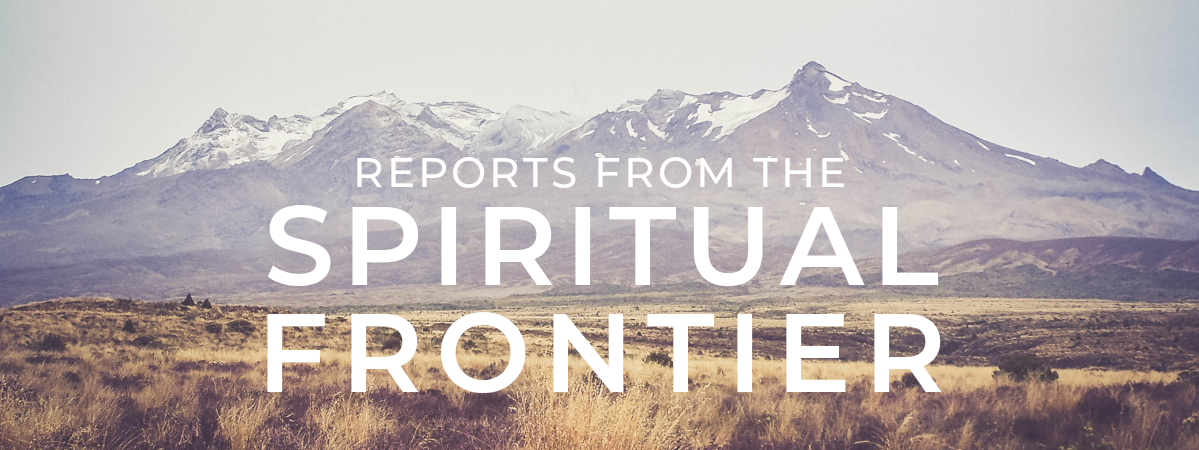For any of you who might have been living in a cave for the past ten years or so, Facebook is a an amazing website with about a billion users, where you can find long-lost friends, stay uncomfortably connected with the day to day minutiae of their lives, and like their cute pet pictures
In many ways, Facebook has been a genuine gift to humanity. For me, and probably for many of you, I’m able to keep relationships going that otherwise would have been consigned to the dusty high school yearbooks of history, and sometimes renew friendships in a way that would never have been possible before.
There is, of course,a rather shadowy underside to the Facebook Experience, which is that it brings a whole new level of anxiety producing social calculus to every acquaintance you meet in real life.
Here’s what I mean:
You meet someone at a social gathering,you talk for a few minutes, and you think, “Hey, I think I’d like to get to know this person, but I’m not sure how much they want to get to know me!” and so now, rather than waiting queasily for the next in-person social interaction, you immediately segue into what some call “Facebook stalking”, but I prefer to call social media investigation.
You find out if they’re online , you see how many mutual friends the two of you have, you check their about page, do you both post sunset pictures, do your politics agree, do you both love Battlestar Galactica? Maybe you gain a little courage, you hit like on one of their public pictures, you make a comment on a mutual friend’s status that you think they’ll like. (This is all done surreptitiously as possible, because, while you want to know them, , you don’t want them to know that you want to know them.) The goal is the day, when, after being impressed by your strategic succession of likes, public status updates, and smart comments, they decide to send you a “friend request” and your social problem is solved.
Some of you skip right through all this, and friend people with the wild, kamikaze abandon of a starving college student at free pizza night, but for others of us, stalking people, hoping to become their friends, is just the latest way that technology has given us to express our social anxiety.
All this Facebook-inspired social calculus points us to a spiritual reality as well:
Sometimes, we treat God in the exact same way
Imagine if God were on Facebook:
We meet God somewhere, maybe in worship, but quite possibly out in nature, or in conversation with friends, and we think “Hey, God seems kind of cool, I think I might like to get to know God!”
We sing a few songs in worship and hope that God hears and likes them
We read a couple books and hope that as we change our likes and preference, God might pay attention and start to like us
We try to hang out with other people who God also seems to like, in hopes that God will notice all the mutual friends we just seem to have
We do the equivalent, basically of liking one of God sunset pictures, maybe even write a comment, “So inspirational, you might even say…divine ;)”
And hoping that the end result of often years meticulously calculated spiritual anxiety is that God likes us in return.
We know that God is not at all picky, God shows a promiscuously puzzling ability to not just like, but love everyone who God comes in contact with, no matter how many obnoxious cat videos they post.
We know that God wants to get to know us, perhaps even a lot more than we want to get to know God, and that all it takes is a willingness to sit down, and start having a conversation.
We don’t even have to have a good opening line.
If you sometimes have a hard time just saying “hello” to God, consider this your invitation to start. Pray the Lord’s prayer in your own words. Say “thanks” next time you see a beautiful sunset or an act of kindness. When you meet someone in need, ask God to give them a little help.
Just say something. You may find out how eager God is to say something in return.

